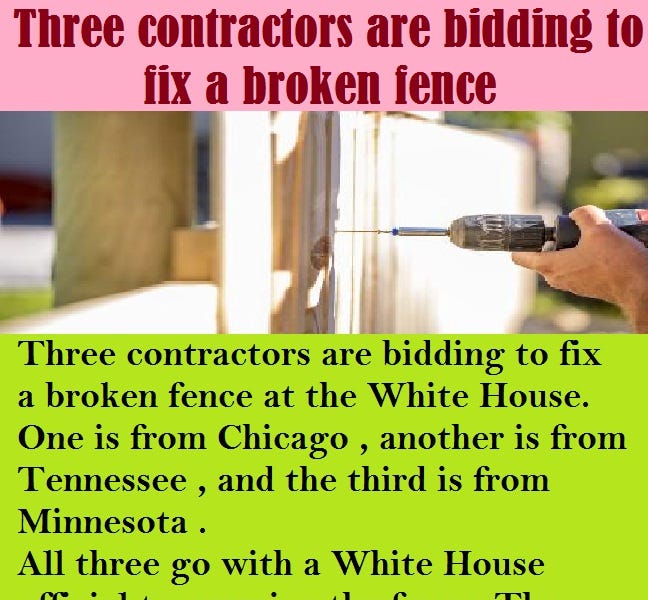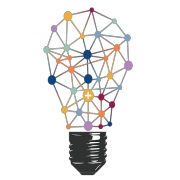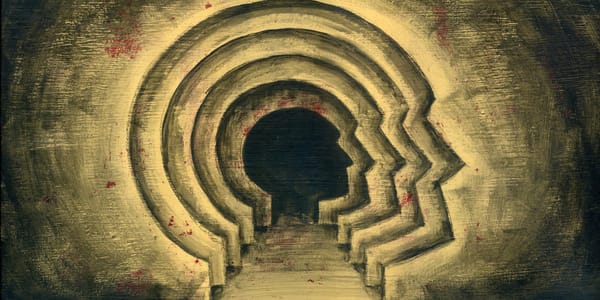💔 Relationships, Attachment & Love

Love doesn’t always die with a scream, sometimes it fades under the weight of our own unconscious patterns.
100 Relationship Do’s and Don’ts
When Attachment Becomes a Cage
Falling in love is easy. Staying in love? That’s where the real psychology begins.
We all crave connection, to be seen, understood, valued. But what we often don’t realize is how our attachment style quietly shapes the way we give and receive love. And when attachment turns toxic, relationships crumble, not from a lack of love, but from the weight of unhealed wounds pretending to be normal behavior.
In this article, we’ll explore 12 powerful and often hidden attachment traps that slowly (but surely) destroy connection, no matter how “strong” a relationship seems on the surface.
1. Mistaking Intensity for Intimacy
That rush. That fire. The all-consuming obsession in the beginning.
We confuse emotional chaos with emotional closeness.
But intensity isn't love. It's often anxiety with a costume on.
Real intimacy is calm. Grounded. Safe.
When you chase intensity, you usually attract emotional unavailability, and call it chemistry.
2. Fear of Abandonment Masquerading as “Love”
Constant checking in. Over-apologizing. Needing reassurance like oxygen.
This isn’t love, it’s survival mode.
Fear of abandonment stems from a core belief: “If I’m not perfect, they’ll leave.”
You don’t want a relationship, you want security at any cost. And that fear suffocates both of you.
3. Avoidance Disguised as Independence
“I don’t need anyone.” “I like my space.” “Too many emotions overwhelm me.”
Sound familiar?
Avoidantly attached people often claim they’re just “independent”, but what they’re really doing is protecting themselves from vulnerability.
They crave love but fear closeness. So they push partners away the moment it feels too real.
4. Clinging to “Potential” Over Reality
You fall in love with what someone could be, not who they actually are.
You fantasize about their growth, their future, their "transformation", and ignore all the red flags in front of you.
This trap keeps you in painful, one-sided relationships.
Hope becomes your prison.
5. Using Love to Heal Childhood Wounds
Unconsciously, you seek in a partner what you didn’t receive from a parent:
Approval. Affection. Attention. Validation.
But relationships aren’t hospitals. Your partner isn’t your therapist.
And when they inevitably fail to “complete” you, resentment brews like poison.

6. Emotional Merging (Losing Your Identity)
You stop hanging with friends. You adjust your preferences. You even change how you talk.
Because being loved feels more important than being yourself.
This is called enmeshment, and it’s a surefire path to emotional burnout, codependency, and resentment.
Love shouldn't require losing yourself.
7. Constant Testing Instead of Trusting
You pull away to see if they’ll chase you.
You go silent to see if they’ll notice.
You create little “games” to measure their love.
This trap stems from insecurity, and it creates an emotional minefield.
Real trust doesn’t need tests.
If you’re always measuring love, you’ll never feel it.
8. Over-Analyzing Every Word or Action
Every delayed reply is a sign of disinterest.
Every change in tone is a threat.
Every small conflict feels like the end.
Hypervigilance is a trauma response, not intuition.
When you're constantly scanning for danger, your partner feels judged, not loved.
Eventually, they walk on eggshells, or walk away entirely.
9. Fear of Being “Too Much” or “Not Enough”
You shrink yourself, or you overcompensate. You're always adjusting who you are to “earn” love. This trap turns love into performance. But love should never be conditional on how small or perfect you can become. You're not too much, you’re just with someone who can’t hold your depth.
10. Avoiding Conflict at All Costs
You’d rather be agreeable than honest. You stuff down your needs. You say “it’s fine” when it’s not. Avoiding conflict doesn’t preserve relationships; it corrodes them. Because unspoken resentment becomes emotional distance.
And distance is where love quietly dies.
11. Staying Because You’re Afraid to Be Alone
You confuse familiarity with safety. Even when you're unhappy, you stay, because the idea of starting over terrifies you. But staying out of fear is emotional imprisonment. Loneliness inside a relationship is worse than being alone.
12. Expecting Them to “Fix” You
You think:
“If they love me enough, I’ll feel whole.”
“If I find the right person, my anxiety will disappear.”
“If I’m loved deeply, I’ll finally be happy.”
This is the most dangerous trap of all.
No one can complete you.
No relationship can replace the inner work.
The most stable, loving bond begins when you are already healing, not hoping to be saved.











